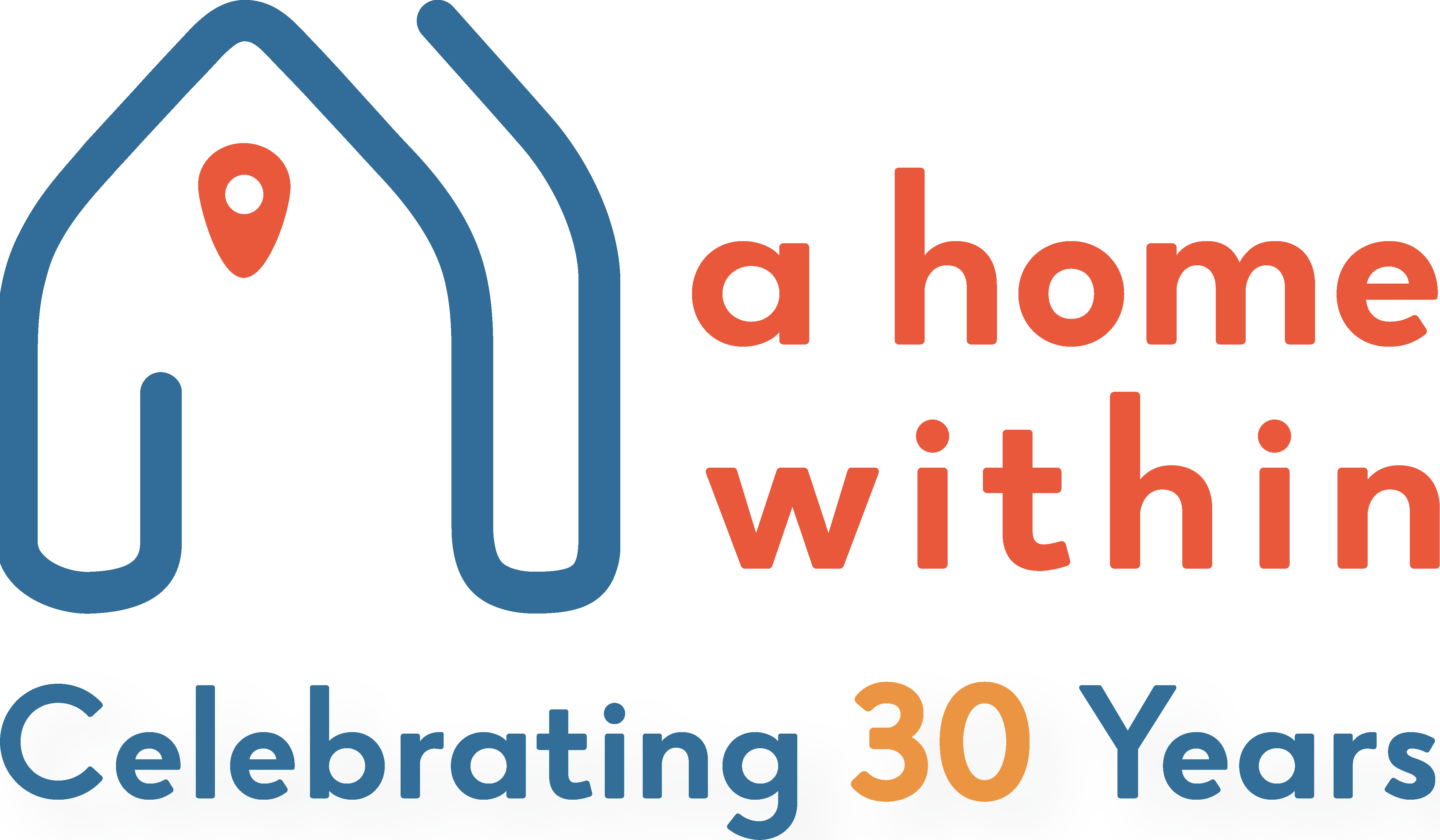Information Hub / BlogStrings Too Short To Be Of Use
Many of those who lived through the Great Depression developed uncanny uses for all sorts of things that those who never knew that kind of scarcity would toss without a thought. Although he was not much of a handyman, I believe that my father saved every nail or screw that ever came into our home. He reused rubber bands and prided himself on never having bought one. Following in his footsteps, without much thought, I, too, saved rubber bands—until I discovered that they dry out and break and, at some point, are of no use. There is really little point in saving them.

Around the time that I was reading Lorrie Moore’s (brilliant) novel, Anagrams I had been thinking about writing a blog, hoping to start a conversation about the emotional needs of kids in the foster care system. One of Moore’s characters, in the process of clearing her deceased aunt’s attic, comes across a box labeled “strings too short to use,” filled with matted bits of string. It struck me that this is, far too often, just like the relationships that we offer foster youth—they are just too short to be of use. Too many foster children leave care with a life stuffed full of relationships that came and went too quickly to be helpful. A culture of scarcity demands that we discard nothing, even when we suspect or know that what we’re doing isn’t necessary or reasonable. Often times this does no harm—bits of string, twine, and yarn just gather, tangled in a box or carefully stored nails and screws line workshop shelves “just in case” they might be needed one day. Relationships that come and go too quickly are different. They don’t help build the trust or sense of safety and security that children need. In fact, they do the opposite—undermine trust and create a sense that the world is unpredictable and chaotic. We know this. Parents know that their children will be unhappy if a favorite caregiver or teacher is out ill. Employers know that staff turnover leads to low morale and decreased productivity. The statistics on the emotional well-being and productivity of adults raised in the foster care system merely confirm what we know—as adults, former foster children are, by and large, neither happy nor productive. I wonder why we find it so hard to act on what we know? It’s easy to point to a broken system or fluctuations in funding streams or changing regulations that interfere with continuity in care and relationships. There are thousands of people trying their best to help foster children, and yet we continue to give too many of them relationships that don’t last long enough to be of use. Do we think that something—anything—is better than nothing at all? What do you think? I would love to hear your ideas.
By Toni Heineman
